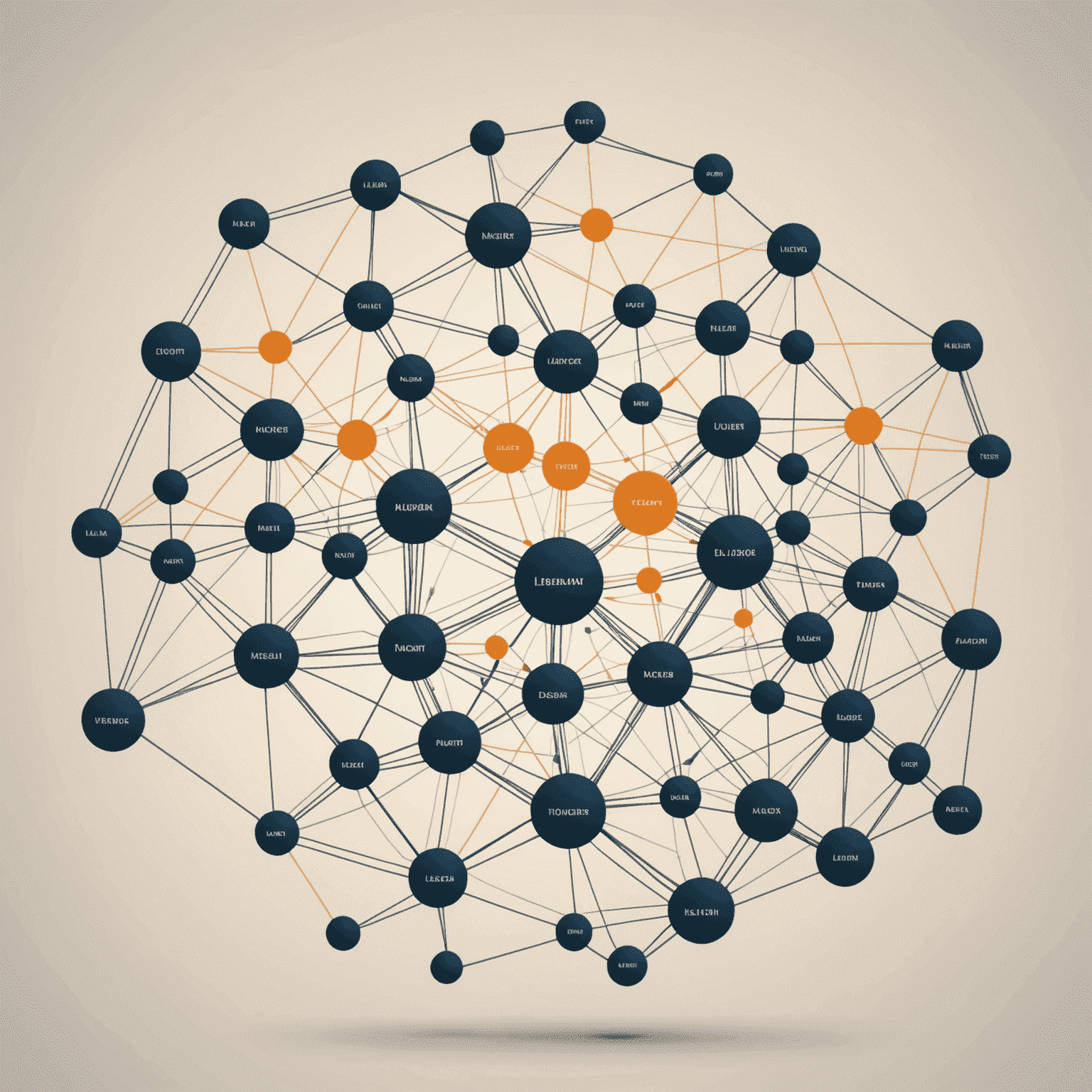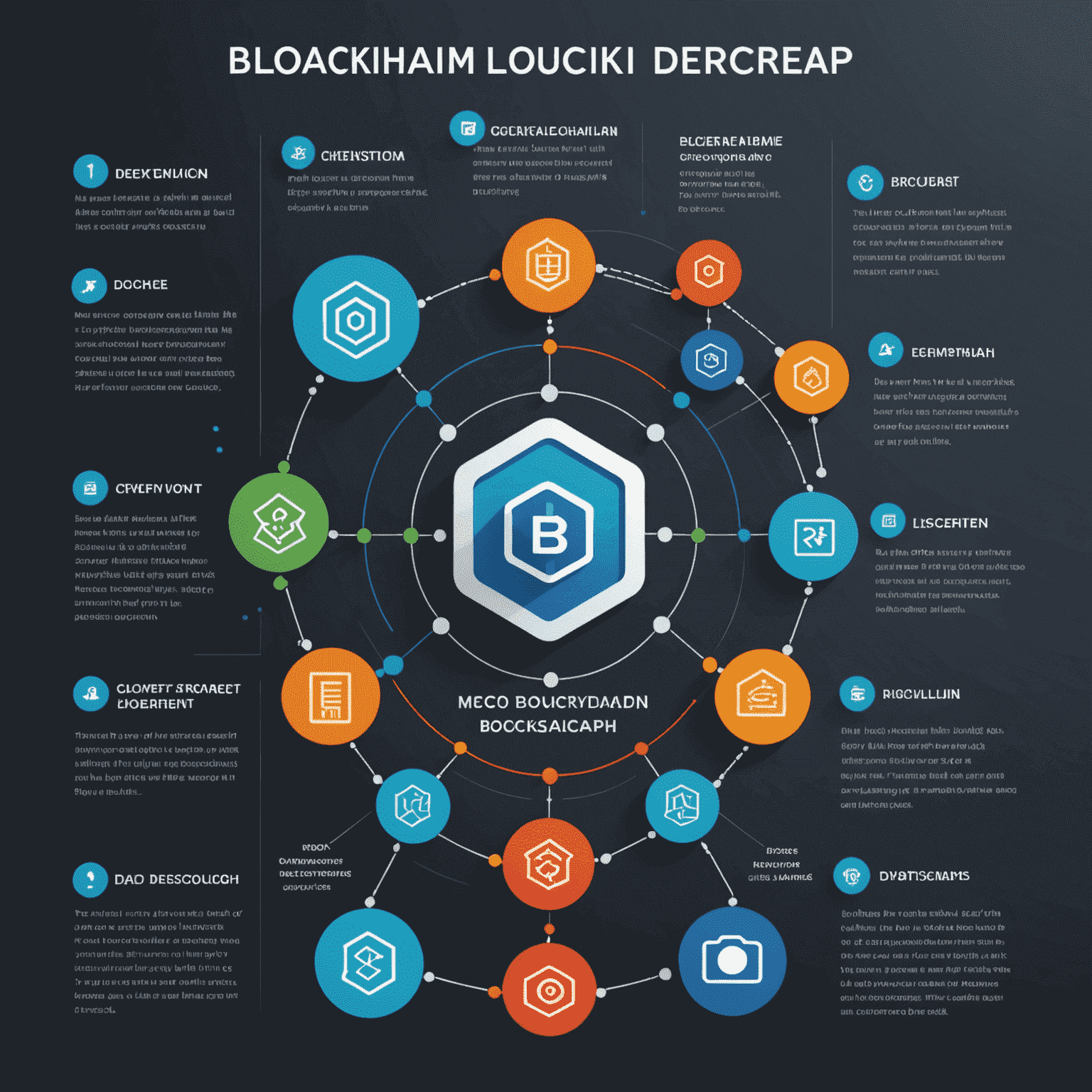Decentralized Identity Solutions: Revolutionizing User Control

In the rapidly evolving landscape of digital identity, decentralized identity systems are emerging as a game-changing solution, offering users unprecedented control over their personal data while enhancing security and privacy.
The Rise of Decentralized Identity
Decentralized identity solutions, powered by blockchain technology, are transforming the way we manage and verify digital identities. Unlike traditional centralized systems, where a single entity controls user data, decentralized identity puts the power back into the hands of individuals.
Key Features of Decentralized Identity Systems:
- User-centric control over personal data
- Enhanced privacy and security through cryptographic protocols
- Interoperability across different platforms and services
- Reduced risk of identity theft and fraud
- Compliance with data protection regulations like GDPR
Blockchain-Based Identity Management
Blockchain technology serves as the backbone for many decentralized identity solutions. Its inherent characteristics of immutability, transparency, and distributed consensus make it an ideal platform for managing digital identities securely.

Benefits of Blockchain in Identity Management:
- Tamper-proof record of identity transactions
- Decentralized storage eliminating single points of failure
- Self-sovereign identity principles
- Streamlined identity verification processes
- Reduced dependency on centralized authorities
Revolutionizing User Control
Decentralized identity solutions are empowering users by giving them full control over their digital identities. This paradigm shift has far-reaching implications for privacy, security, and the overall user experience in the digital realm.
Impact on Various Sectors:
- Finance: Streamlined KYC processes and reduced fraud
- Healthcare: Secure sharing of medical records
- Education: Verifiable academic credentials
- Government: Efficient digital citizen services
- E-commerce: Enhanced trust in online transactions
As decentralized identity solutions continue to evolve, they promise to reshape the digital landscape, offering a more secure, private, and user-centric approach to identity management. The future of digital identity is decentralized, and it's revolutionizing the way we interact with the digital world.